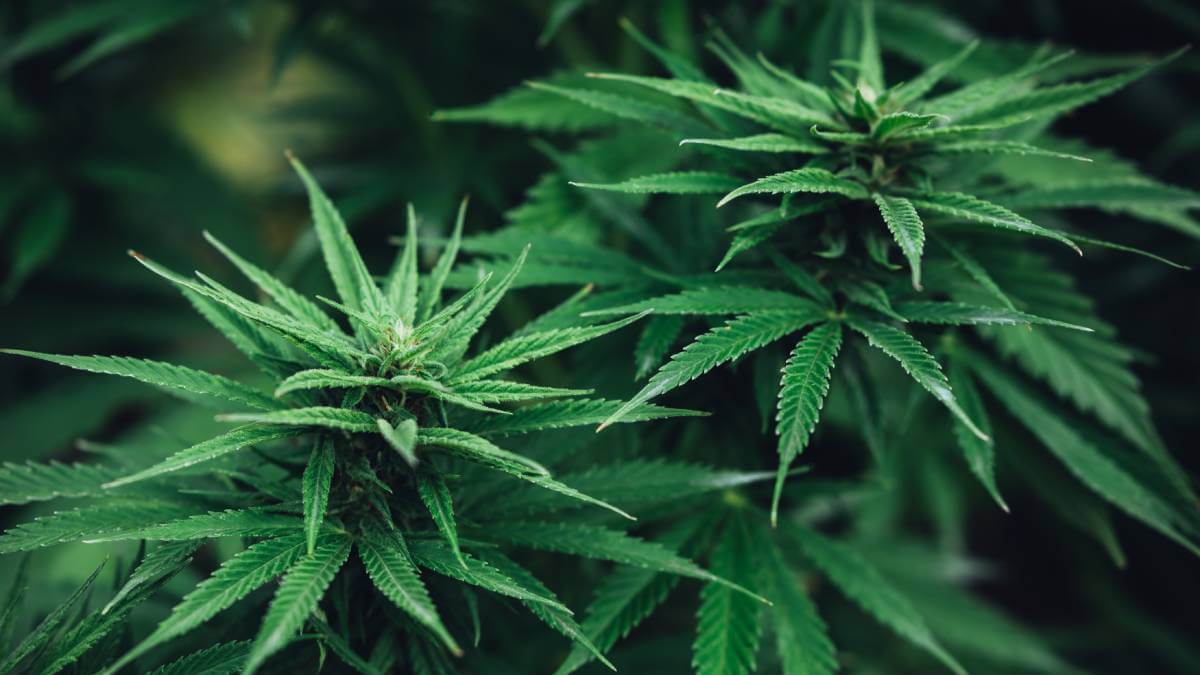A review suggests cannabis could be used as an antiviral against various diseases, including COVID-19.
The review, by my team at Monash University Malaysia, indicates that both cannabinoids and terpenes in cannabis show great potential as antivirals in laboratory research.
The review, published in the Journal of Applied Microbiology in December last year, examines laboratory-based studies that highlight the antiviral properties of cannabis in countering the effects of viral infections such as the severe acute respiratory syndrome coronavirus-2 (SARS-CoV-2) responsible for COVID-19, human immunodeficiency virus (HIV), hepatitis C virus (HCV), and herpes simplex virus (HSV).
While we have COVID-19 vaccines, infections will continue, because the vaccine has limited availability and decreasing efficacy in light of the emerging variants and the human population in which the virus has comfortably entrenched itself.
We therefore have no choice but to live with it and continuously seek ways to protect ourselves from future outbreaks.
Scientists are eager to develop novel therapeutic agents against SARS-CoV-2 to minimise infections and hospitalisations, so this review is timely and highlights available literature on this subject.
We hope it will become an essential tool to provide concise and better insights on the potency of cannabis in combatting different viral infections.
‘Cannabis’ isn’t ‘marijuana’
While “cannabis” is often associated with “marijuana”, they’re not the same thing. According to the National Centre for Complementary and Integrative Health in the US, cannabis is all products derived from plants such as Cannabis sativa, Cannabis ruderalis and Cannabis indica, while marijuana refers to the products from these plants containing THC.
Cannabis is an illicit drug due to its psychoactive effects, and its use can result in psychological and physical health problems.
In several countries, cannabis compounds are used off-licence for medical purposes to treat several diseases, and alleviate symptoms such as chronic pain and nausea.
Drugs containing cannabis are found to be helpful in treating epilepsy, nausea and vomiting caused by cancer chemotherapy, and improving the appetite of HIV-infected patients.
However, under federal law in the US, cannabis remains a Schedule I drug, meaning it’s considered as having no accepted medical use, and a high potential for abuse.
In current clinical practices, 80 per cent of antibiotics, anticancer, cardiovascular and immunotherapy treatments are derived from plants, and the medicinal value of the cannabis plant has proven to be much higher than expected.
According to our review, compounds found in cannabis (including cannabinoids and terpenes) have antiviral properties. Cannabidiol (CBD), and delta-9-tetrahydrocannabinol (D-9-THC) are the main cannabinoids. The same glands in a cannabis plant that produce cannabinoids also release fragrant essential oils called terpenes, such as monoterpenes and sesquiterpenes.
Cannabinoids down-regulate the ACE2 gene expression, and demonstrate anti-inflammatory properties that lessen hyper-inflammation in COVID-19 patients.
CBD and D-9-THC can reduce SARS-CoV-2 viral infection in human lung cells by exerting anti-inflammatory properties. In HIV patients, cannabinoids can reduce HIV replication in human cells, and have antiviral activity against the hepatitis C virus.
Cannabis plant terpenes have antiviral properties that are effective against SARS-CoV-2. It’s been shown that CBD and terpenes work well together to inhibit virus replication.
Terpenes isolated from different plants, as demonstrated by several studies, may play a role in treating herpes caused by HSV.

Further research is needed
The results from these studies suggest that cannabis plant terpenes may have similar antiviral properties against HSV.
We caution that the results of the studies reviewed may not translate into practical applications, and more in vivo and clinical studies are needed to validate the results.
Cannabis is an illicit drug, so in vivo investigations are tightly restricted, and clinical evidence is limited. Hence, education on rightful cannabis use is important to improve cannabis application and ensure safe access to it.
This could motivate more in vivo and clinical research to further understand the therapeutic feasibility of cannabis and the associated negative consequences, and then contribute to the increased use of cannabis against viral illnesses.
This article was first published on Monash Lens. Read the original article
Do you think cannabis should be more available for health treatment? Would you use it? Why not share your opinion in the comments section below?
Also read: Medical cannabis set for a surge in popularity

